Normal Phonics Worksheets for Ages 3-6 - Page 3
128 filtered results
-
From - To
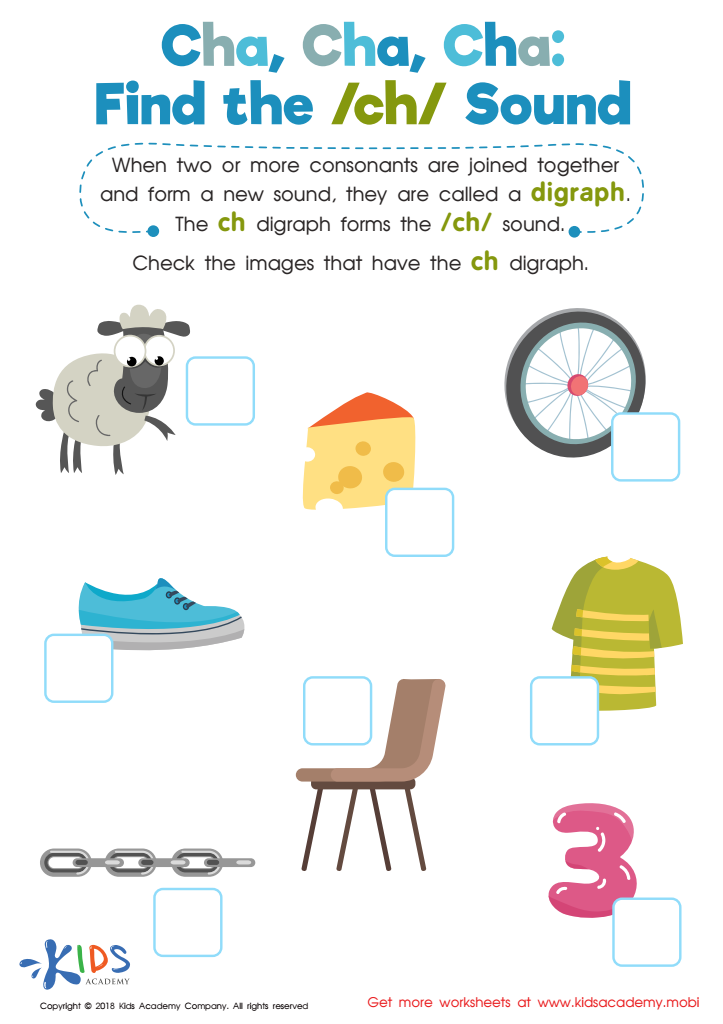

Cha, Cha, Cha: Find the /Ch/ Sound Worksheet


Long Vowel Maze /o/ and /i/ Worksheet
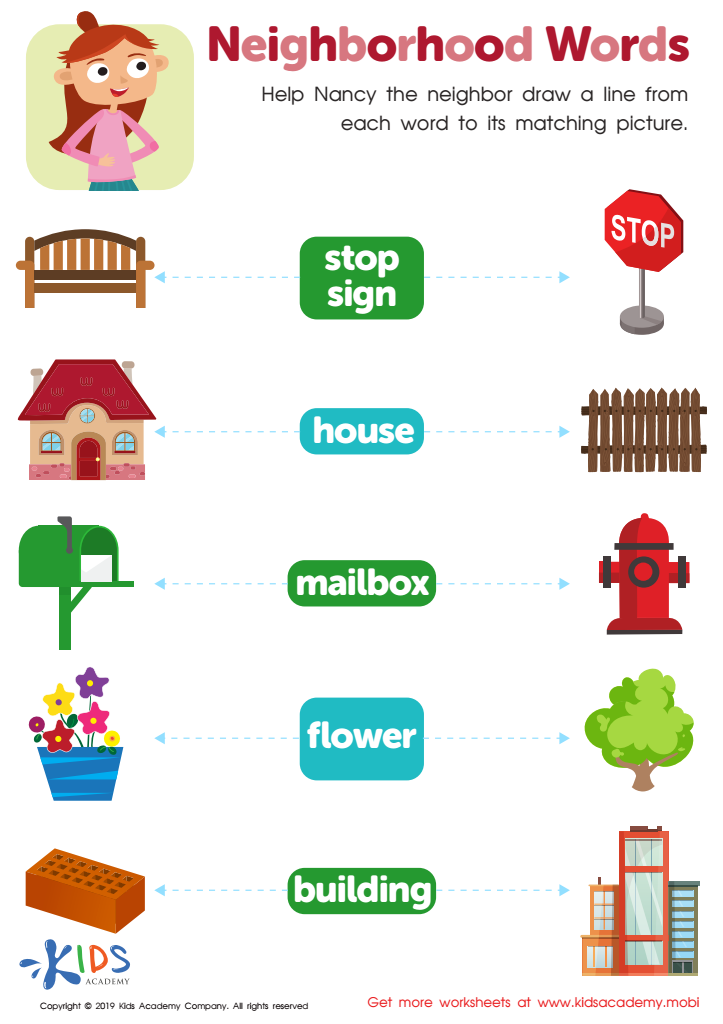

Neighborhood Words Worksheet


Twin Onset Worksheet
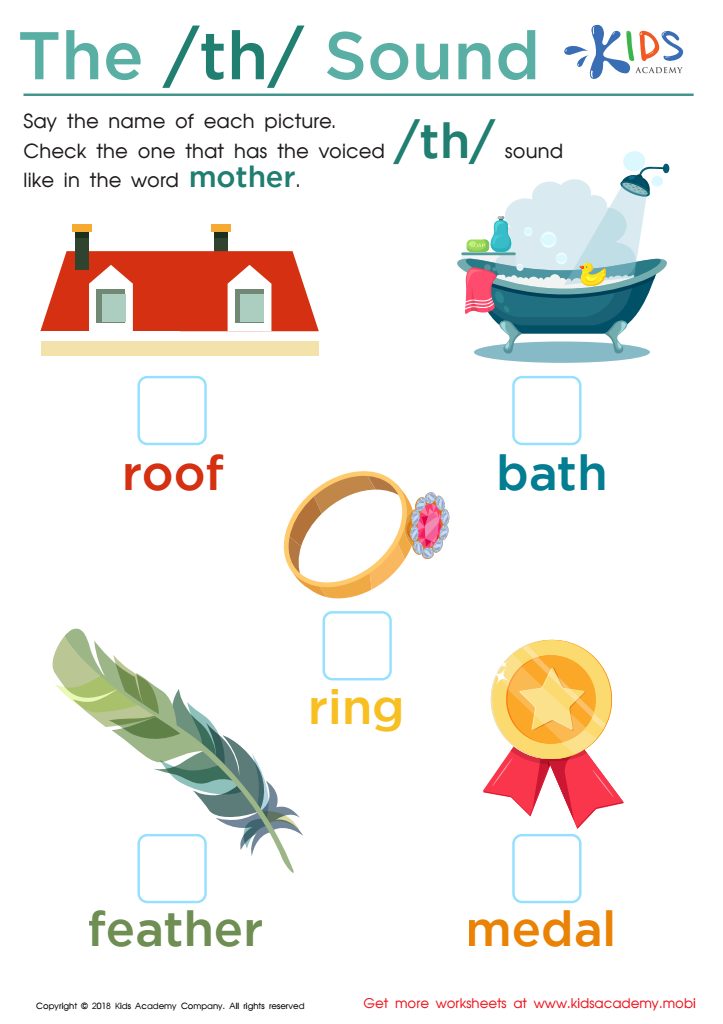

The /th/ Sound Worksheet
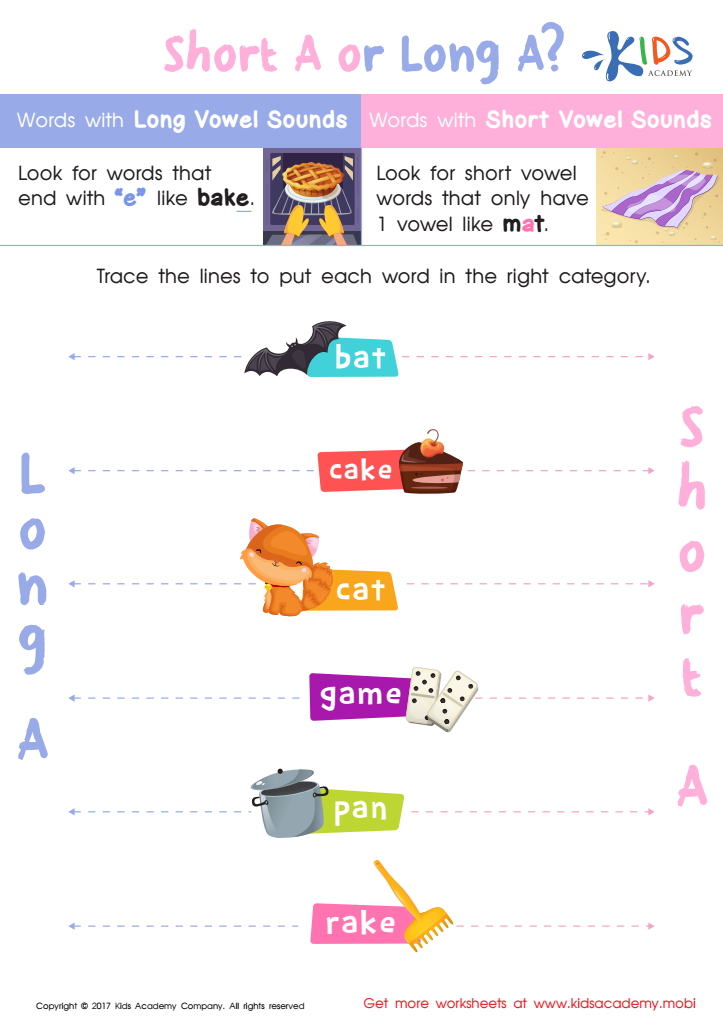

Short /a/ or Long /a/? Worksheet
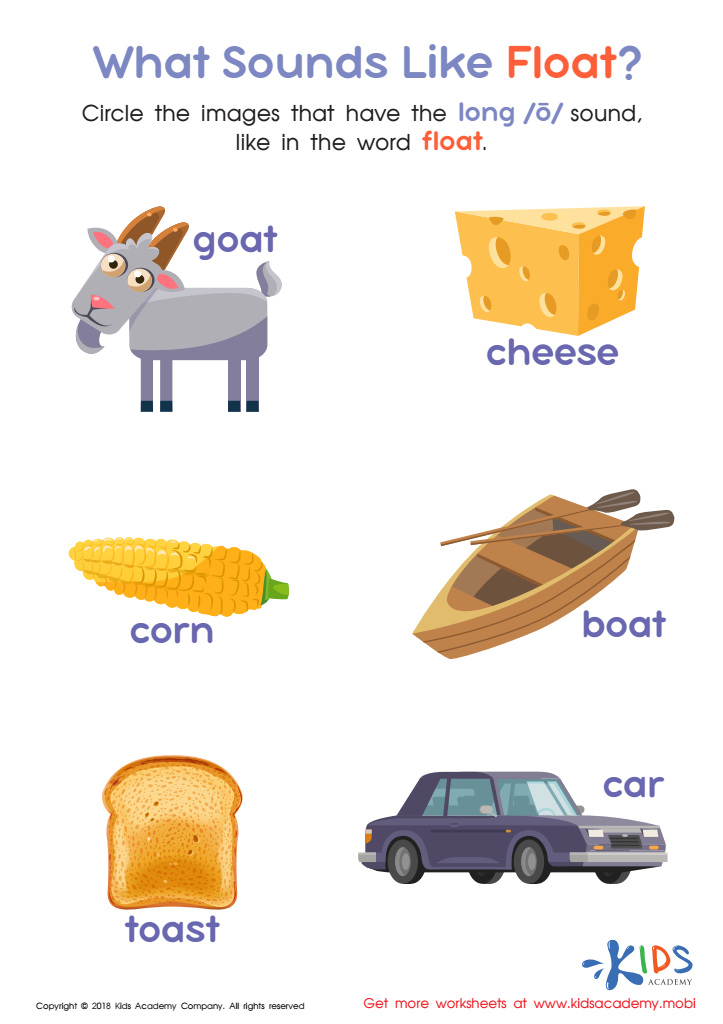

What Sounds Like Float? Worksheet
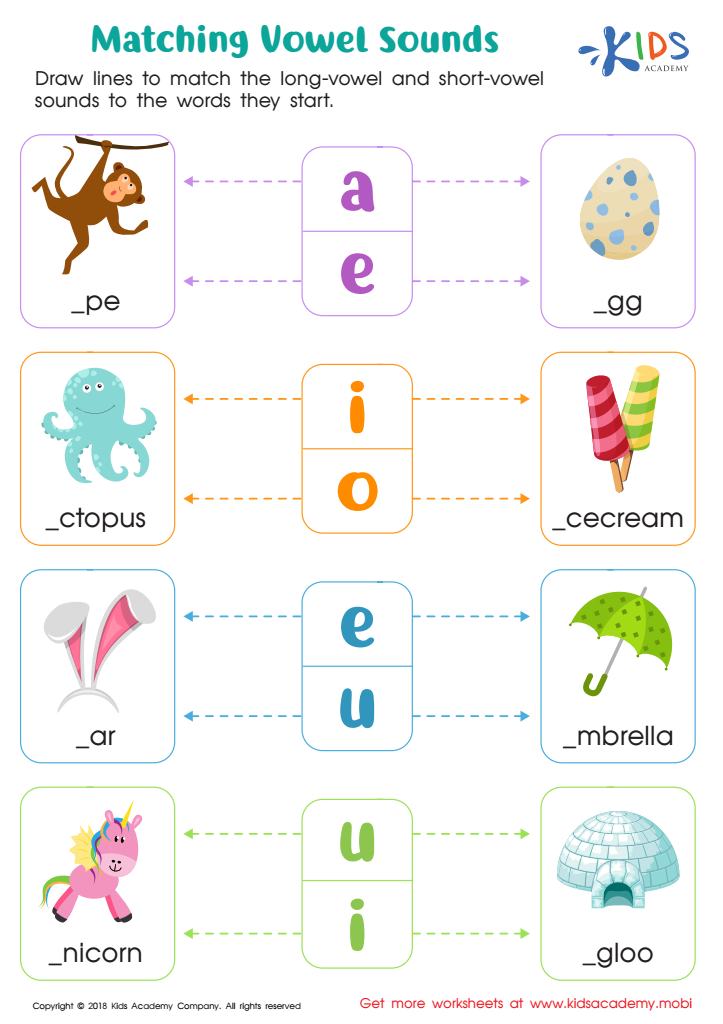

Matching Vowel Sounds Worksheet
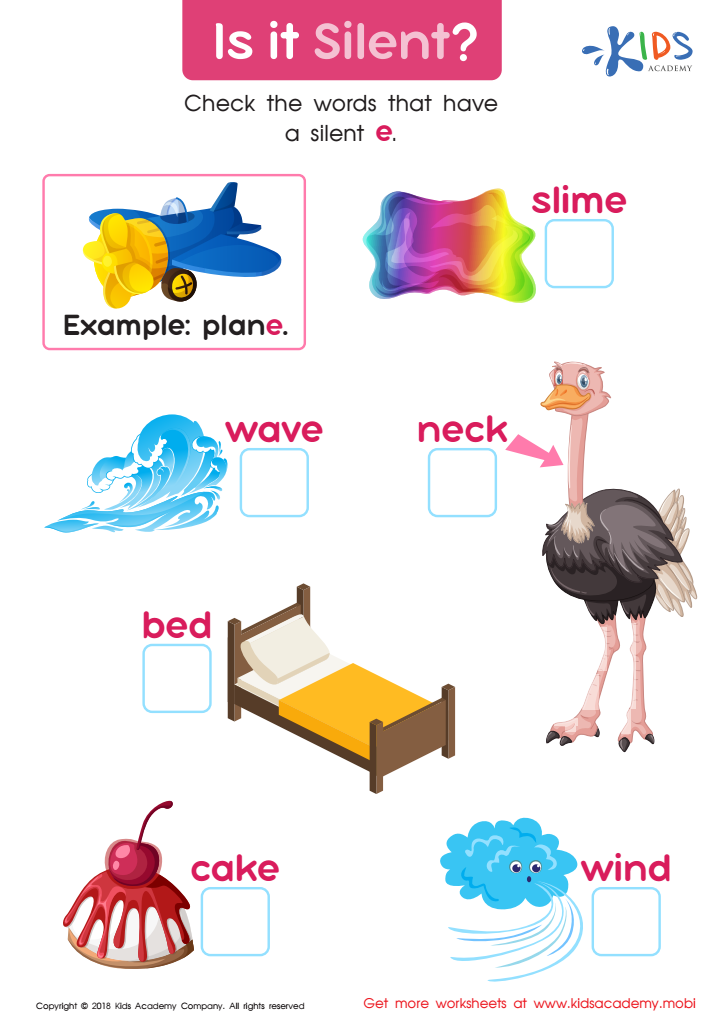

Is It Silent? Worksheet
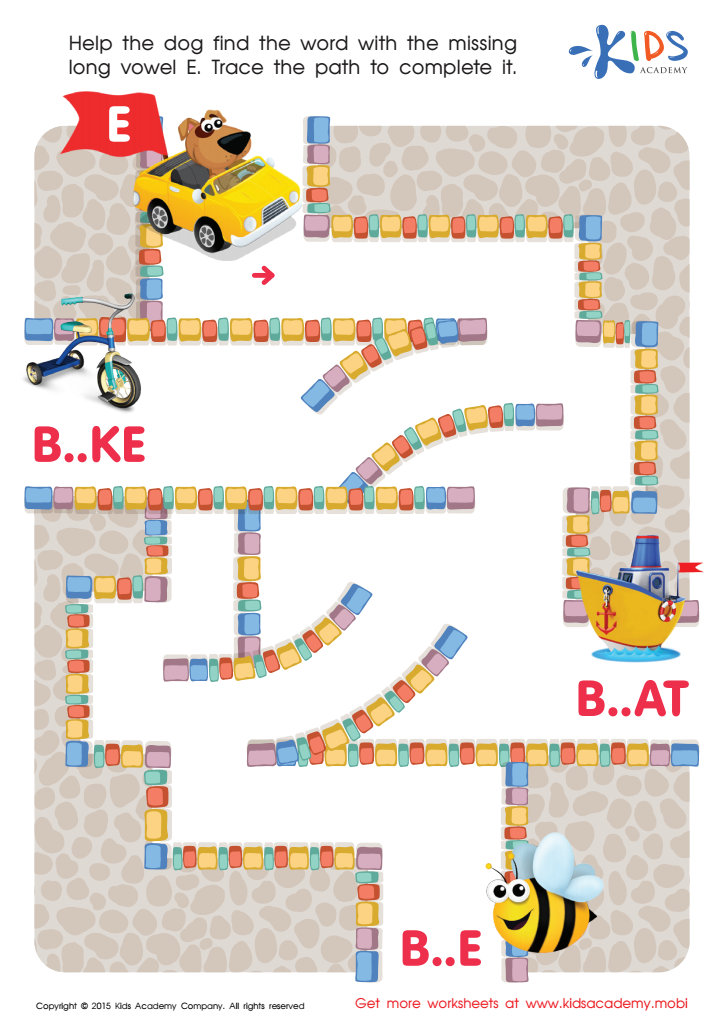

Long Vowel Sound E Worksheet
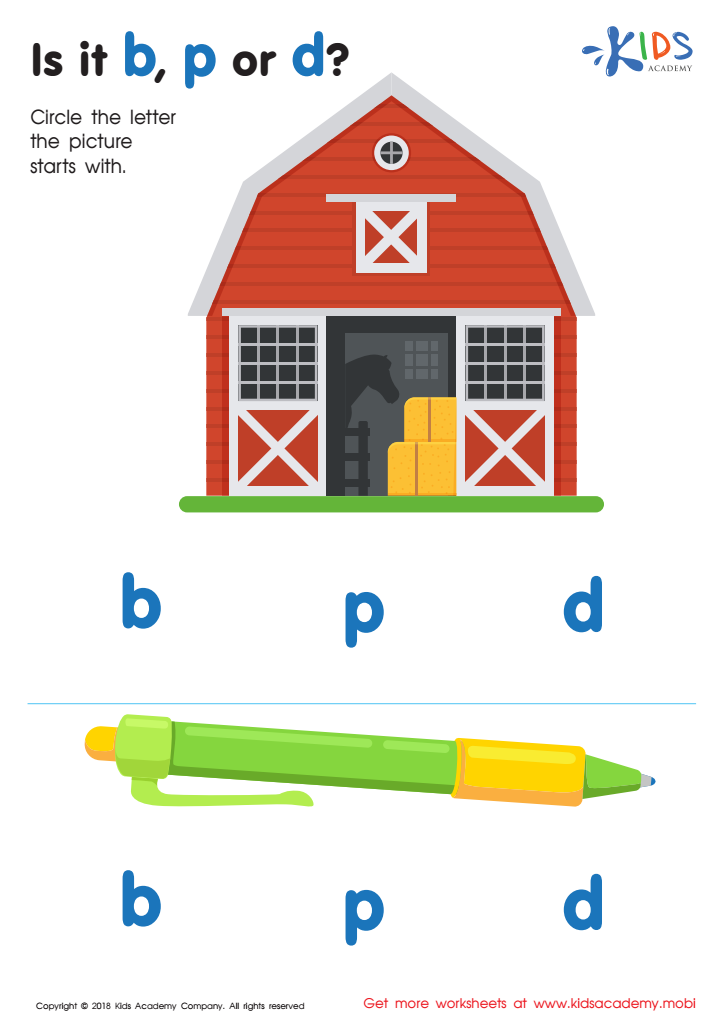

Is it b, p or d? Worksheet
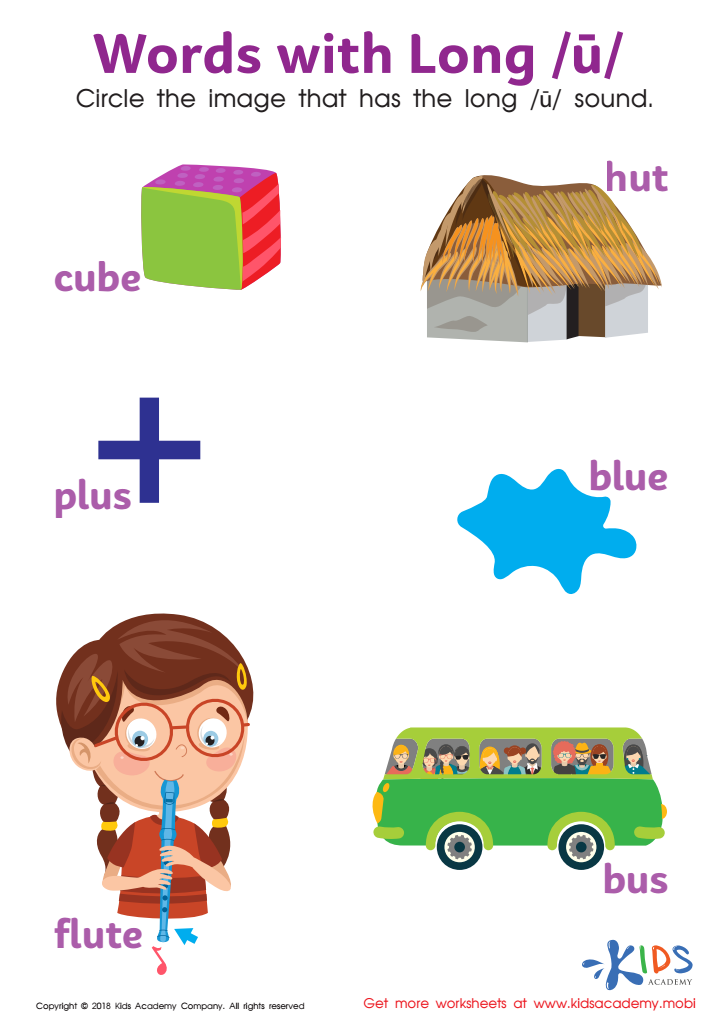

Words with Long U Reading Worksheet
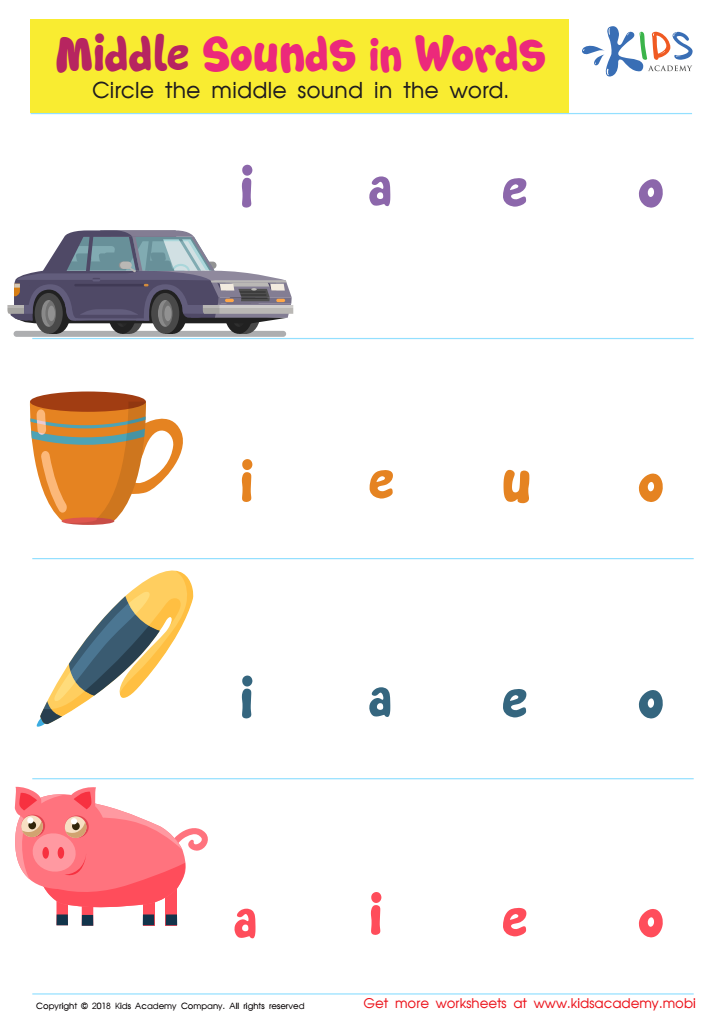

Middle Sounds in Words Worksheet
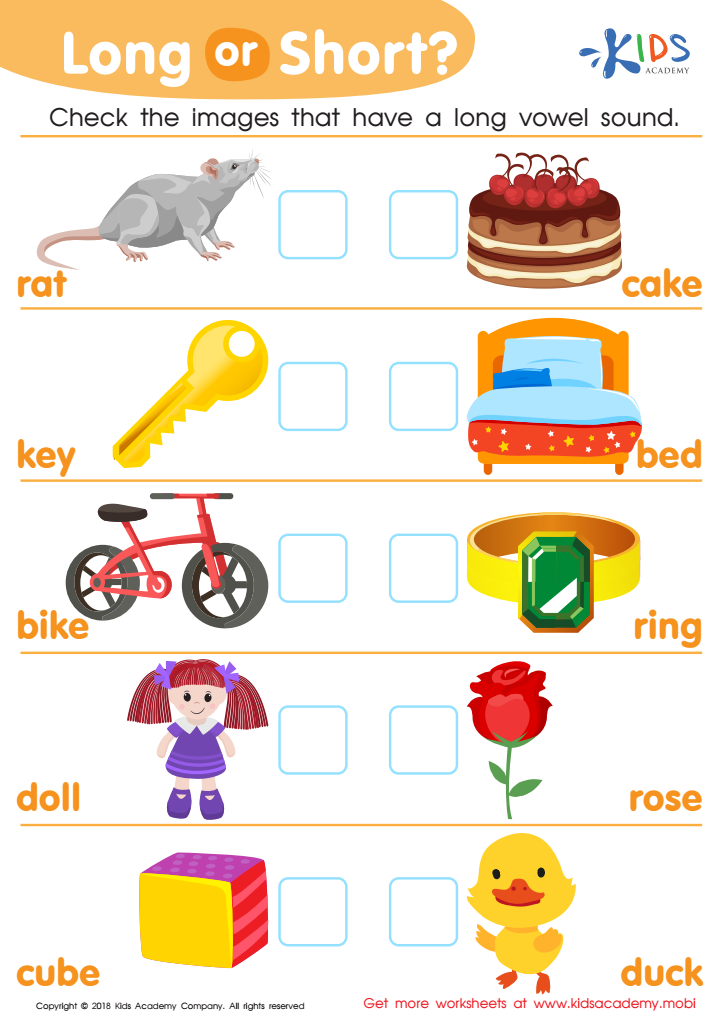

Long or Short Reading Worksheet
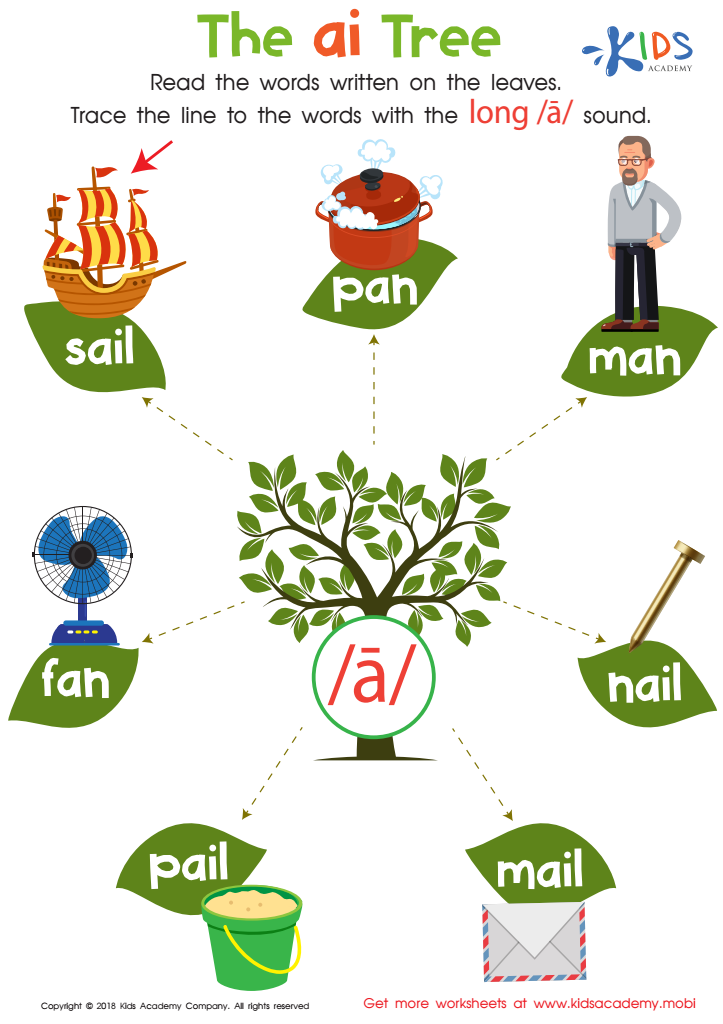

The AI Tree Worksheet
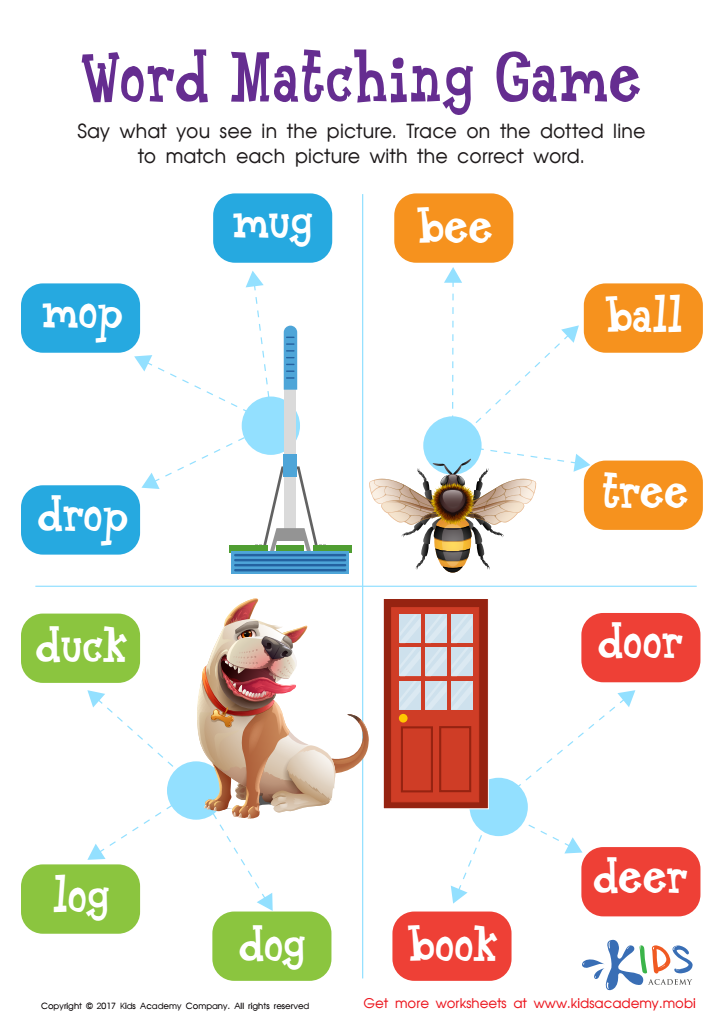

Word Matching Game Worksheet
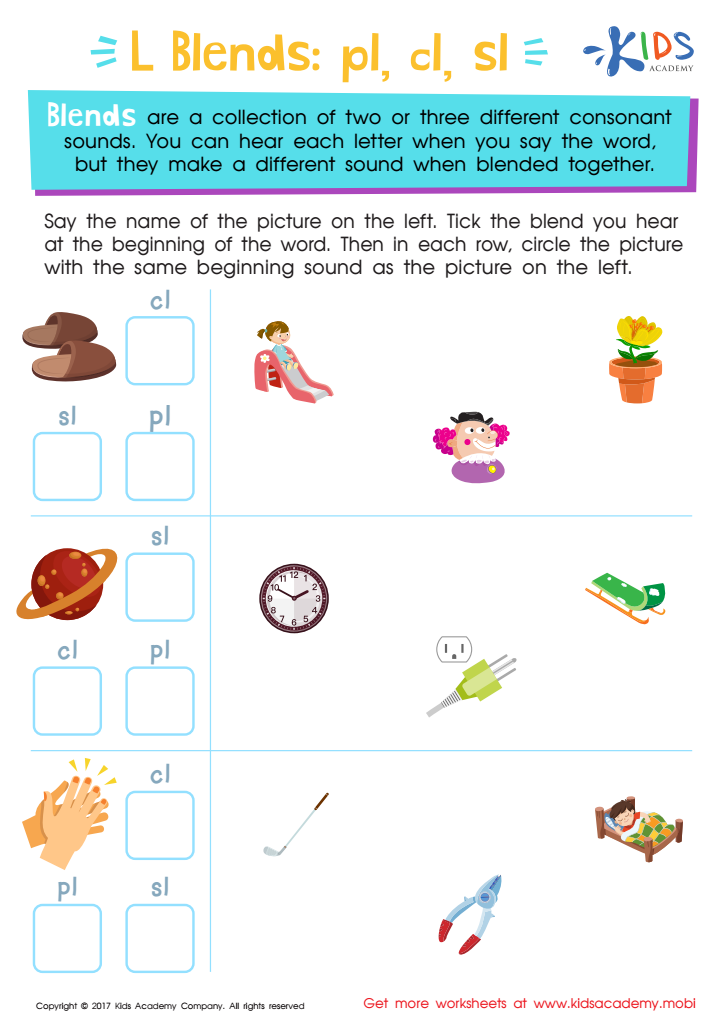

L Blends: "Pl", "Cl" and "Sl" Printable


Short Vowel Eggs Worksheet
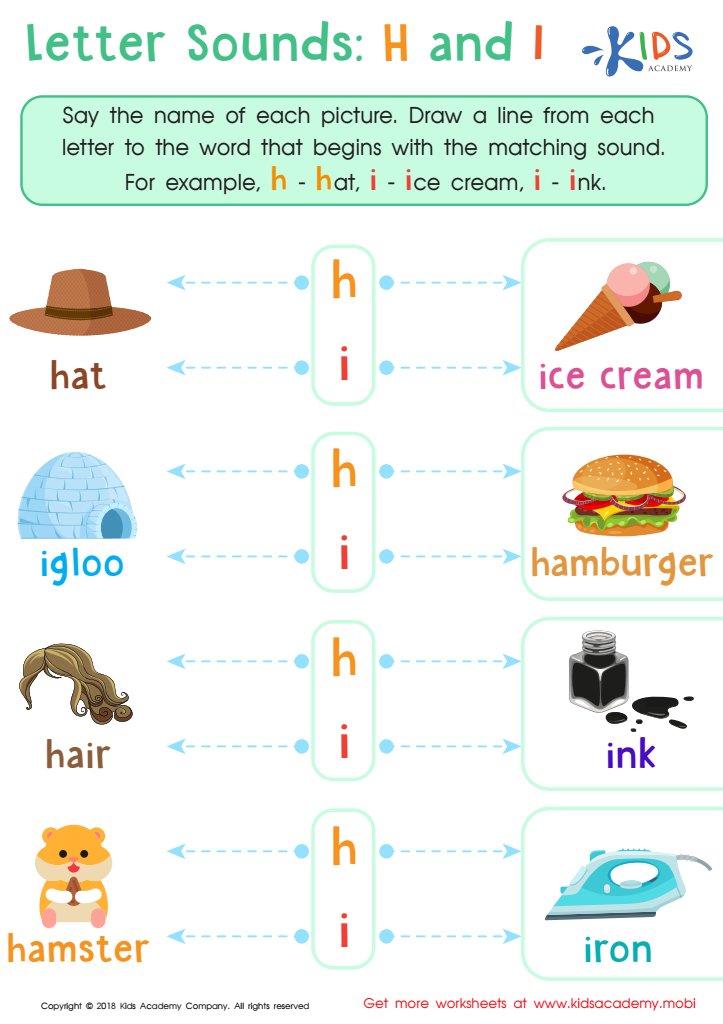

Letter H and I Sounds Worksheet
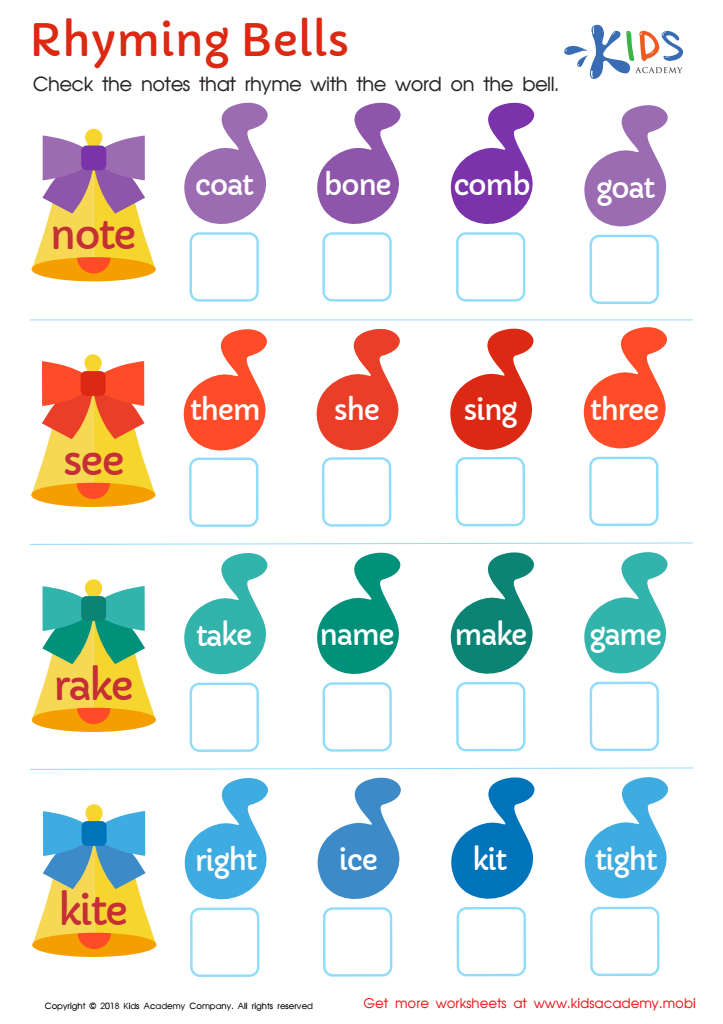

Rhyming Bells Worksheet
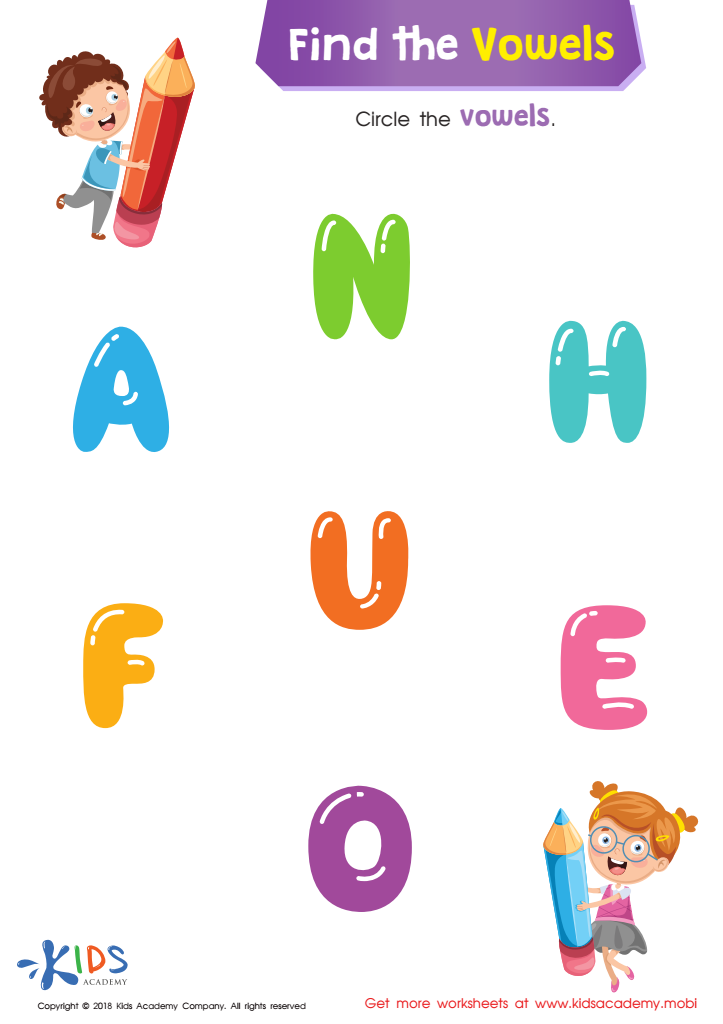

Find the Vowels Reading Worksheet


Long and Short U Worksheet
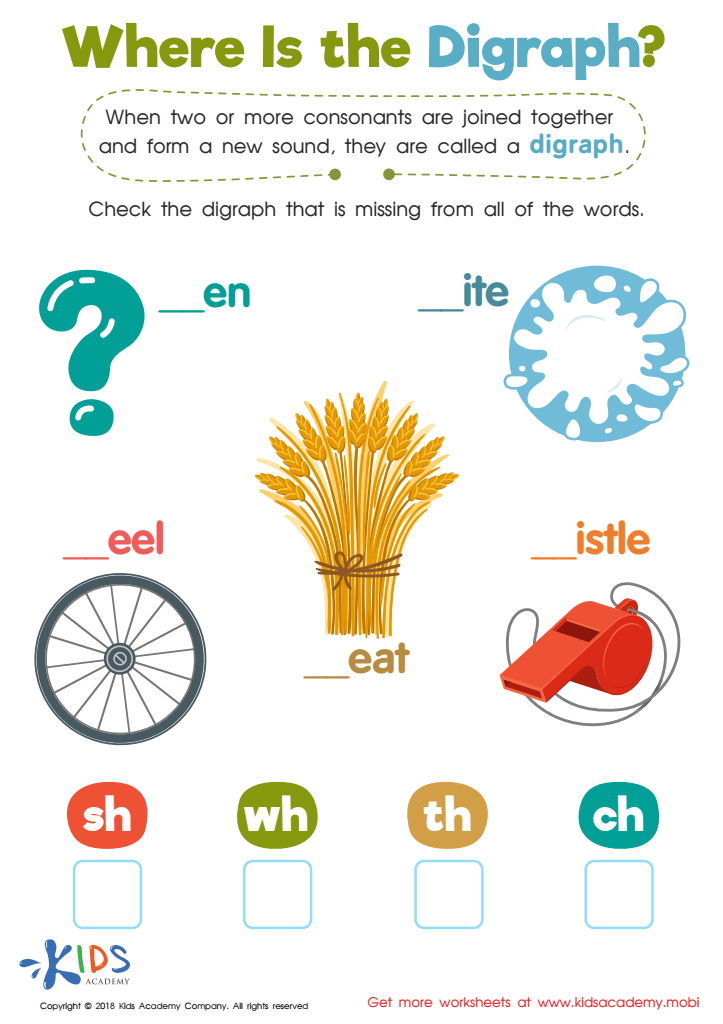

Where Is the Digraph? Worksheet
Parents and teachers should care about Normal Phonics for ages 3-6 because it plays a crucial role in early literacy development. Phonics provides children with the foundational skills needed to decode words, helping them connect sounds with letters. This not only enhances reading but also improves spelling and writing abilities.
In the crucial age range of 3 to 6 years, children are particularly receptive to learning new concepts. Introducing phonics at this stage helps them develop confidence in their reading skills, fostering a love for books and lifelong learning. By understanding sound patterns, children can become more competent readers, which is essential for their overall academic success.
Moreover, phonics instruction supports cognitive development by stimulating critical thinking and problem-solving skills. It also promotes social interaction, as children often work together in groups to practice phonics through games and activities.
Ultimately, an early focus on Normal Phonics sets the stage for future literacy achievements. As teachers and parents engage with their children in phonics, they are not only teaching reading but also fostering emotional and cognitive development, making it a vital component of their early education.
 Assign to My Students
Assign to My Students















